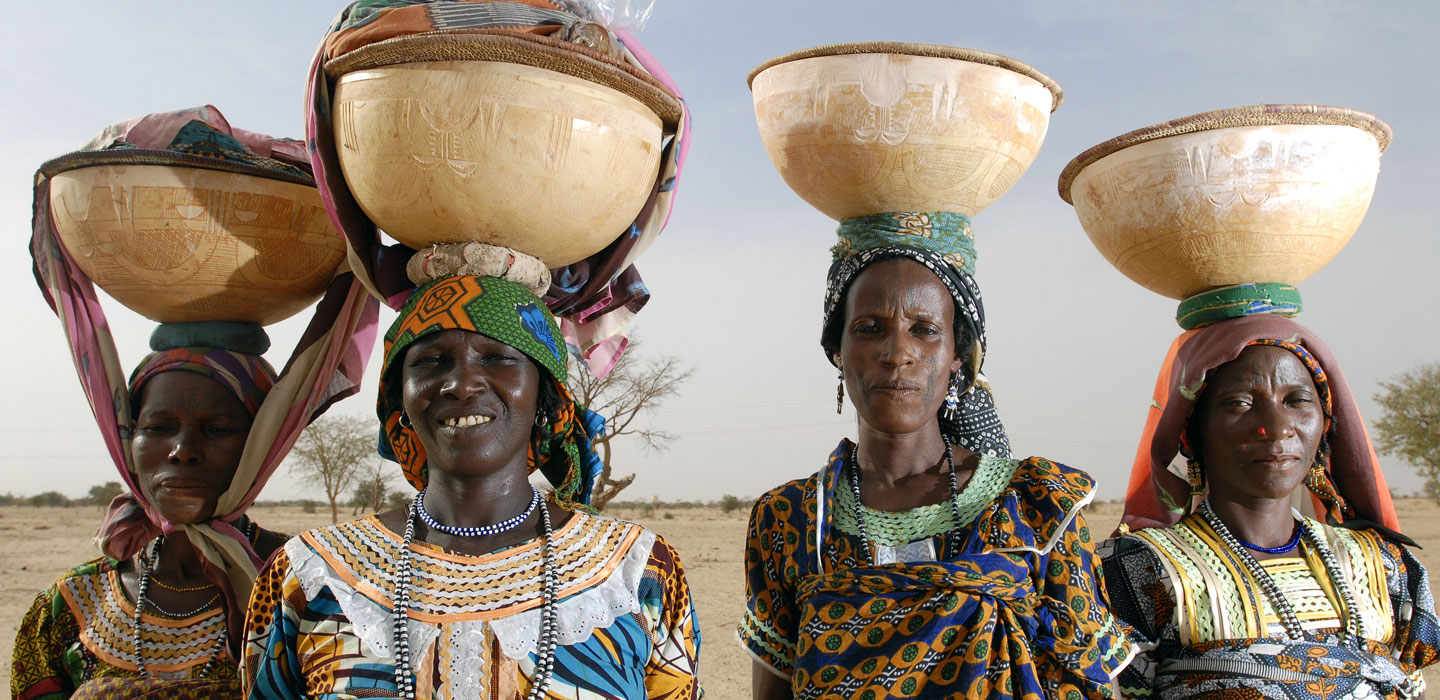Tools and guidelines
Tools and guidelines

Tools and guidelines
Menu Display
Search Results Filters
Search Results
Rapid prototyping for inclusive insurance: Testing customer challenges and gaining early insights on feasibility
Prototyping aims to gather direct feedback on the solution and the wider insurance scheme, incorporate changes before pilot testing, and make any additional adjustments before the official roll-out.
Model terms of reference: Technical assistance in the development and implementation of agricultural insurance
The ToRs include an outline of the required steps and processes, a timeline and a list of deliverables, together with information on the profile of the service provider or team of experts.
Model terms of reference for the selection of a service provider for: Agricultural and climate risk insurance feasibility studies
These are model terms of reference (ToRs) for use by project designers and implementers in development organizations and governments. The objective of the ToRs is to support the contracting a specialized service provider to carry out one or more agricultural and climate risk insurance feasibility studies within the context of an IFAD-financed project or similar initiative.
Core Outcome Indicators measurement guidelines (COI) – online training
This online training is a walk through the guidelines that lay out the mandatory methodology developed by IFAD for collecting timely and reliable data on CIs at the outcome-level at project baseline, midterm and completion stages.
How to do note: Access to land for rural youth employment and entrepreneurship
This How-to-do Note on access to land for rural youth employment and entrepreneurship complements the Toolkit on land tenure in IFAD-financed operations that highlights the importance of strengthening tenure security for rural development.
How to do note: Crop selection for diet quality and resilience
This How to Do Note is part of a series of five Notes that accompany the NUS Operational Framework.
How to do note: Market needs and emerging opportunities assessment in NUS value chains
This How to Do Note is part of a series of five Notes that accompany the NUS Operational Framework.
How to do note: Promote neglected and underutilized species for domestic markets
This How to Do Note is part of a series of five Notes that accompany the NUS Operational Framework.
How to do note: Interventions in support of NUS export markets
This How to Do Note is part of a series of five Notes that accompany the NUS Operational Framework.
How to do note: Mainstreaming NUS in national policy for nutrition outcomes
This How to Do Note is part of a series of five Notes that accompany the NUS Operational Framework.
Operational guidelines on IFAD’s engagement in pro-poor value chain development
These guidelines address recommendations on ensuring that IFAD’s pro-poor value chain development projects reach out to women and the very poor, apply a programmatic approach when needed, promote an inclusive value chain governance, work with the appropriate expertise and partners, and build capacity for implementation.
Adaptation Framework Tool
The Adaptation Framework is a repository of adaptation actions for small-scale agriculture, including livestock, forestry, and fisheries. It provides an approach for incorporating adaptation practices into project design.
Participatory Guarantee System case study report
In 2017, after several years of partnership between IFAD and Slow Food on themes related to food security, indigenous peoples and youth, IFAD approved a large grant project, called “Empowering Indigenous Youth and their Communities to Defend and Promote their Food Heritage,” to be implemented by Slow Food over three years.
How to prevent land use conflicts in pastoral areas
How to do note: Gender and pastoralism
PARM Final Report (2014-2019)
How to do note: Rapid livestock market assessment - A guide for practitioners
A manual in mobilizing migrant resources towards agricultural development in the Philippines
How to do note: Mainstreaming nutrition into COSOPs and investment projects
This How-to-do Note is a practical step by step operational guidance on mainstreaming nutrition in IFAD-supported country strategies and investment projects for use by IFAD staff, consultants and partners.
Supporting nutrition-sensitive agriculture through neglected and underutilized species: Operational framework
IFAD’s support for the better use of agrobiodiversity with specific reference to neglected and underutilized species (NUS) and a greater recognition of the traditional knowledge of Indigenous Peoples are important for fighting food and nutrition insecurity